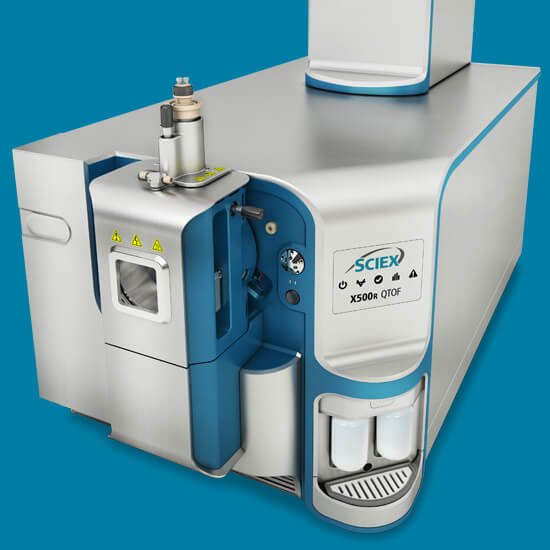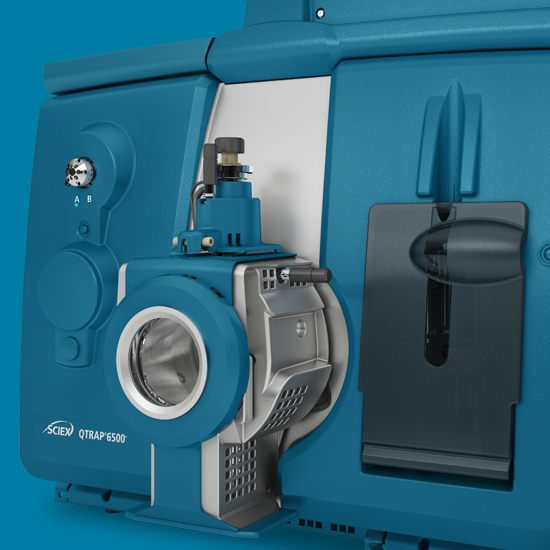Meat species testing and adulteration analysis have gotten a lot of attention since the infamous horsemeat scandal of 2013 in Europe that saw traces of undeclared horsemeat and pork in beef burgers.
This scandal sent shockwaves within the food industry for many reasons, including the common treatment of horses with non-steroidal anti-inflammatory drug medicines like phenylbutazone, which is toxic and unsafe for human consumption. Moreover, while not all meat impurities may have health repercussions, the mislabeling the beef burgers in this case, also raised ethical, religious displeasure as it tainted the reputation of many halal and kosher manufacturers that assure consumers of the absence of pork in their products.
Immediacy is key to avoid inaccurate, fraudulent or misleading labels of meat-based products hitting the shelves and reaching consumers. While contemporary testing methods such as ELISA and polymerase chain reaction (PCR) often used for routine species authentication, these methods pose limitations especially with regards to speed.
LC-MS/MS: A Comprehensive Approach for Meat Speciation
SCIEX LC-MS/MS solutions provide a comprehensive approach to meat speciation, using the protein markers in the meat sample to confirm the species with high accuracy. Reliable results ensure precisely what type of meat you are buying, selling, and eating. Routine food testing labs seeking to test meat products for authenticity and adulteration can rely on LC-MS/MS to deliver:
- Highly selective to identify proteins and other contaminants with no false positives
- Detect protein peptides of multiple meat species at levels as low as 0.02%
- Reduced sample prep time― 30-second sample extraction
Ensure the Food You’re Eating Is Safe and Authentic
Routine food testing labs are now seeking new approaches to test meat products for authenticity and adulteration to accurately identify present species. SCIEX LC-MS/MS food and beverage testing solutions provide a comprehensive approach to meat speciation, using the protein markers in the meat sample to confirm the species with high accuracy. Reliable results ensure precisely what type of meat you are buying, selling, and eating.
Meat Authentication Using LC-MS/MS
Watch the webinar to learn about a sensitive mass spectrometry approach for the detection of trace contaminations of horse meat and pork and demonstrate the specificity of the identified biomarker peptides against chicken, lamb, and beef.
동영상 길이
High Sensitivity and Lower Limit of Detection
Detect and quantify protein peptides of multiple meat species including beef, chicken, pork, goat, lamb, and deer at levels as low as 0.02% within a single analysis.
Greater Selectivity and Fewer False Positives
LC-MS/MS offers the capability to be more selective for the exact species, by measuring marker peptides from a specific animal's protein. By measuring the unique peptide derived from the protein of a species, labs can confirm the exact presence and eliminate false positives.
Accurate Robust Analysis
Easily distinguish between species even if the protein differs as little as one or two amino acids. MRMs can detect targeted peptide markers of multiple meat species and provide sequence information by acquiring an EPI spectrum for added peptide confirmation.

New Sensitive High-Performance Liquid Chromatography-Tandem Mass Spectrometry Method for the Detection of Horse and Pork in Halal Beef
The sensitive LC-MS/MS method developed at the Institute of Food Chemistry at the University of Muenster for halal food testing.

X500R QTOF System
Easy to use accurate mass spectrometer system that analyzes data faster; leveraging on the power of SWATH® Acquisition.

SCIEX OS
The all-in-one software that lets you acquire, process, analyze data and even generate reports.

QTRAP® System
Combine MRM sensitivity of a triple quad to get you even better identification, characterization, and quantitation.
